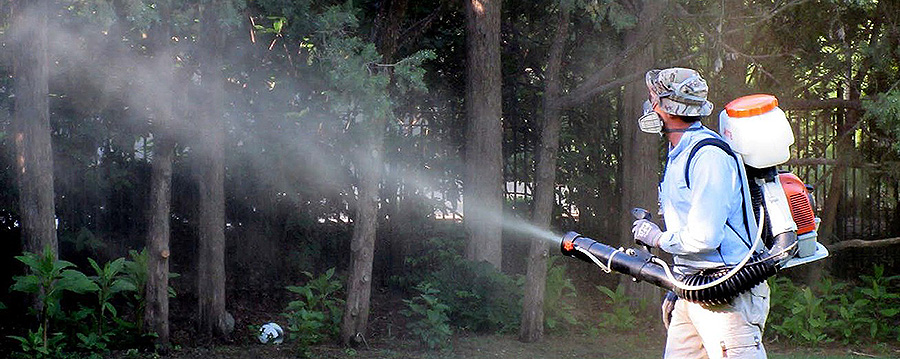#HC-02-43 The Global Challenge of Vector Borne Diseases and How to Control Them
About Course
London School of Hygiene & Tropical MedicineDescription
Understand how mosquitoes and other arthropod disease vectors can be controlled
The spread of vector-borne diseases, including malaria, Zika virus and dengue fever, are of global concern.
In 2017, the World Health Organisation (WHO) released their Global Vector Control Response (GVCR) document which promotes a stronger, strategic worldwide approach to controlling vectors of disease.
On this course, you will learn about a wide range of vectors and the diseases they transmit, from the Aedes mosquito and the Zika virus, to the tsetse fly and African sleeping sickness.
You will explore the WHO GVCR document, and will also discover how vector-borne diseases are distributed, and the suitability of vector control practices designed to prevent the spread of these dangerous diseases.
Who will you learn with?
Professor James Logan is the Head of the Department of Disease Control at the London School of Hygiene and Tropical Medicine and Director of the Arthropod Control Product Test Centre (ARCTEC)
Over 25years experience developing and implementing tools, capacity and operational research to enhance vector control programmes. Focusing on malaria in Africa and Visceral Leishmania in India.
Assistant Trial Manager at ARCTEC, London School of Hygiene & Tropical Medicine.
BSc (Hons) Zoology, MSc Medical Parasitology.
Research Scientist and Clinical Trials Manager with a background in biomedicine, genetics, and implementation of large-scale global clinical trials across 6 WHO regions according to GCP/GLP standards.
– Assistant Trial Manager, ARCTEC at the London School of Hygiene and Tropical Medicine.
– MSc Medical Entomology alumna
Who developed the course?
The London School of Hygiene & Tropical Medicine is a world leader in research and postgraduate education in public and global health. Its mission is to improve health and health equity worldwide.
What Will I Learn?
- Describe the lifecycle of mosquitoes, sandflies, tsetse flies, triatoma bugs, and ticks
- Describe the distribution of these arthropods and diseases transmitted
- Explore and understand the control methods used against these vectors
- Evaluate the pros and cons of different vector control strategies
- Describe examples of successes in vector control
- Describe how to implement control strategies most effectively and how to design robust studies to collect scientifically rigorous data
Topics for this course
Burden of vector borne diseases globally
Risk, burden & mortality00:02:46
Economic burden00:13:51
Rationale behind vector control
Vector control challenges
Vector control successes
This course and our joint study of who global critical disease surveillance documents also gave me insight into the distribution of vector-borne diseases and the appropriateness of vector control practices designed to prevent the spread of these dangerous diseases. Very practical course.
The course introduced me to various vectors and their diseases, from aedes mosquitoes and The Zika virus to the tsetse fly and African sleeping sickness. It's a terrible thing about infectious diseases.
The spread of vector-borne diseases, including malaria, Zika and dengue, is a global concern. The course is well explained for us, in great detail.
With COVID-19 this year, let's all focus on infectious diseases. This course made me know more about how to control mosquitoes and other arthropod vectors. It was a good prevention and control course.








